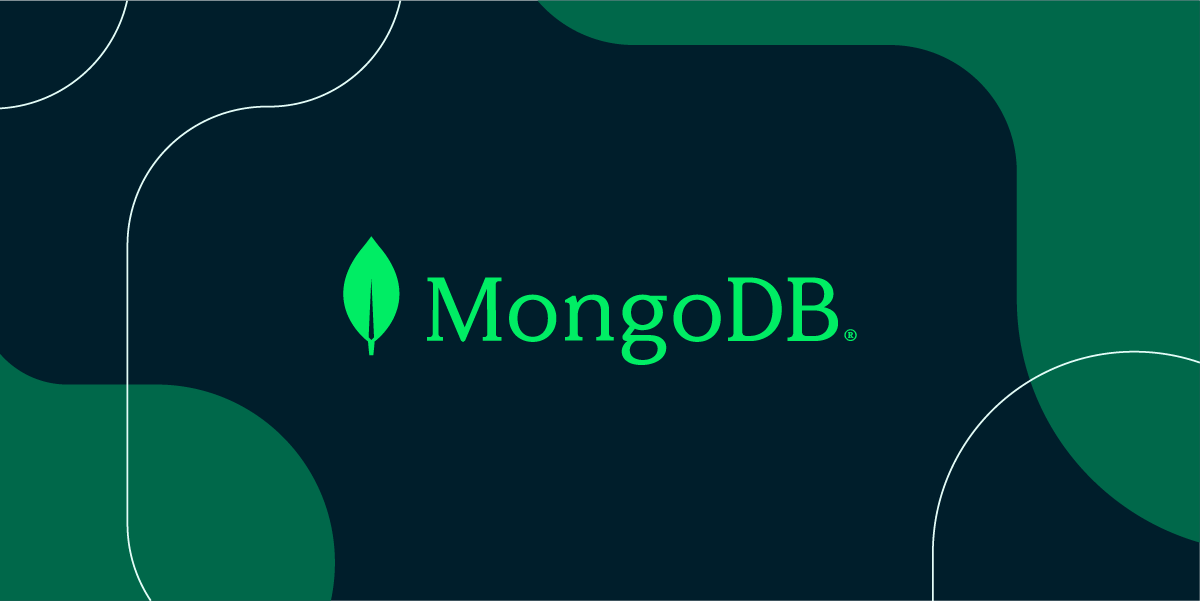Hands-On CouchDB: Mastering NoSQL Database Management
Duration: Hours
Training Mode: Online
Description
Introduction to CouchDB
The CouchDB training course offers an in-depth exploration, a powerful open-source NoSQL database known for its ease of use and flexibility. This course is designed to equip participants with the skills necessary to effectively manage and utilize CouchDB for application development and data storage. Participants will learn about CouchDB’s unique features, including its schema-free JSON document storage, replication capabilities, and HTTP/RESTful interface. Through hands-on exercises and practical examples, attendees will gain the confidence to build and manage applications using CouchDB, making it an ideal choice for developers, data engineers, and IT professionals looking to harness the power of NoSQL databases.
Prerequisites:
Before enrolling this course, participants should have a basic understanding of several key areas. Familiarity with programming concepts is important, as attendees will be expected to write and understand code, particularly in languages like JavaScript or Python. A foundational knowledge of database concepts and experience with SQL will also be beneficial, as this will help in grasping CouchDB’s data handling and querying approaches. Understanding JSON (JavaScript Object Notation) is crucial, given that CouchDB stores data in JSON format. While not mandatory, any experience with web development or RESTful APIs will enhance the learning experience, making it easier for participants to engage with functionalities. This combination of prerequisites ensures that learners are well-prepared to fully benefit from the course content.
Table of contents
1. Introduction
- 1.1 Describes the evolution
- 1.2 Overview of document-oriented databases and their need
- 1.3 Explains the various components
2. Installation
- 2.1 Describes the steps for installation of CouchDB on Linux operating system
- 2.2 Explains the prerequisites to be fulfilled for installation
- 2.3 Describes the procedure for building from its source code
3. Initials
- 3.1 Explains various applications to connect to CouchDB(Ref: NoSQL-CouchDB)
- 3.2 Describes views management commands
4. Administering
- 4.1 Illustrates the usage of the Futon interface and tools
- 4.2 Explains the procedure to create databases and documents
- 4.3 Explains the process of implementing replication, compaction, and bulk data import or export(Ref: Mastering Neo4j Graph Databases)
5. JSON
- 5.1 Explains the usage of JSON in CouchDB for designing and defining documents and views
6. Views
- 6.1 Explains the procedure of using Futon for defining views and implementing permanent views
- 6.2 Illustrates the definition of views using the API
- 6.3 Explains the aggregation functions, ordering, and filtering results in view results
7. Map/Reduce of CouchDB
- 7.1 Explains the need and advantages of using Map/Reduce
- 7.2 Describes the steps to interface Map/Reduce with the Futon interface
8. Deployment of CouchDB
- 8.1 Explains the use of performance monitoring by stats URI
- 8.2 Explains the implementation of backup and security
- 8.3 Describes configuration for clustering, fault tolerance, and load balancing
9. Development of CouchDB
- 9.1 Describes CouchApp usage for applications
- 9.2 Explains the process of interfacing programming languages and CMS
Reference
CouchDB is an open source NoSQL database based on common standards to facilitate Web accessibility and compatibility with a variety of devices. NoSQL databases are useful for very large sets of distributed data, especially for the large amounts of non-uniform data in various formats that is characteristic of big data.







Reviews
There are no reviews yet.